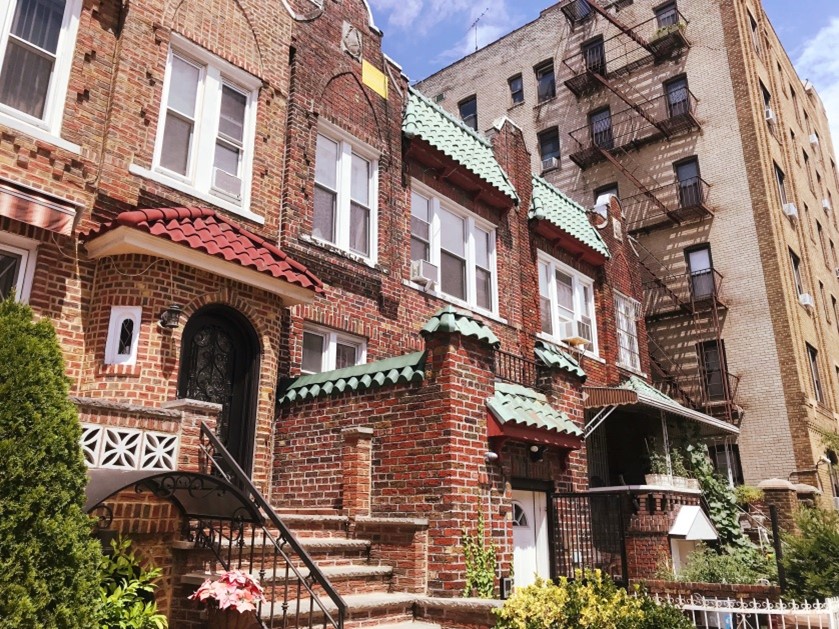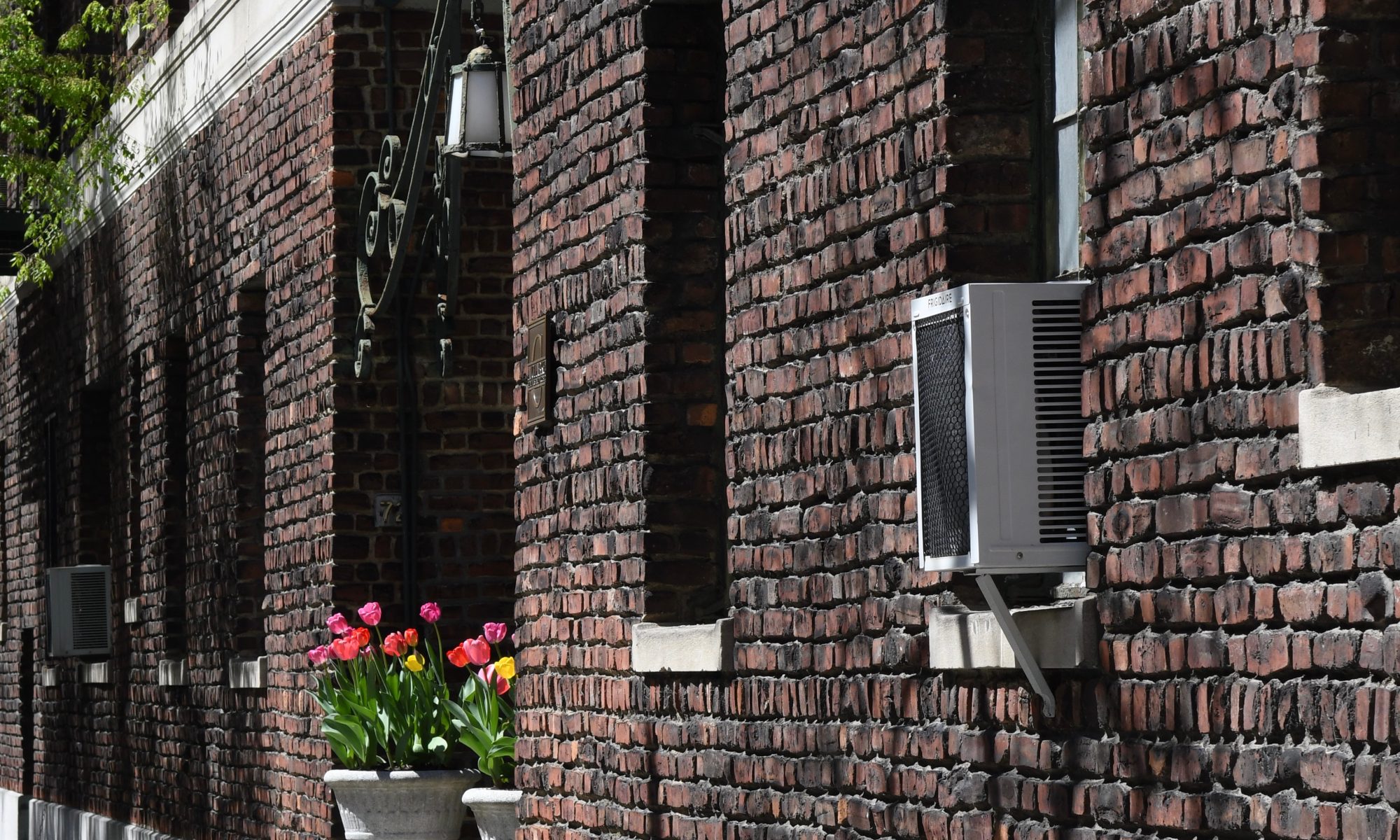In Episode 44 we answer the question: Can my landlord charge me for providing me with a replacement key or an extra key?
You often hear stories of landlords charging tenants exorbitant fees (upwards of $200) to make copies of keys to apartments. Also, in the last couple decades there has been a lot of changing over in buildings from regular old keys systems to non-duplicable keys, electronic key fobs, and key cards.
I just had a lease come across my desk the other day for an apartment where this was in a section of the lease called “Additional Rent”:
“Keyfobs & Locks. Tenant acknowledges that each Tenant has or will receive one access entry device (either a keyfob, a keycard, or an access code for their smartphone, under owner’s sole discretion) and one mailbox Key for each individual signing this Lease as a Tenant…Tenant understands that these are the only access entry devices that will be provided during the term of this Lease without charge. In the event that Tenant loses their physical access entry device, or, is locked out of the Apartment and requests that Owner, its employees or agents, [or] Building staff, unlock the Apartment, Owner shall be entitled to the charges set forth in the lease rider.”
And then in a rider under the heading “Fees” the lease goes on to state that:
“Tenant agrees to the following fees from owner:…B. Lost or unreturned keyfob or keycard ($100.00); C. Opening apartment entry door for locked-out tenant ($75.00);…H. Fees are subject to reasonable increases by owner.”
Here is another lease provision:
“KEYS/SECURITY: Tenant shall not remove, alter, or change in any way the existing locks, security codes, or keys or keycards that are provided for the apartment or any part thereof. Tenant shall not transfer to or share with any person a key or a keycard for the apartment. Tenant agrees and understands that tenant will be charged a re-keying fee in the sum of $50 each time a key or keycard replacement is deemed necessary by landlord. Said charges shall be deemed additional rent.”
Is any of this legal?
Listen on Spotify, Apple, YouTube, or wherever you get your podcasts.
Links:










